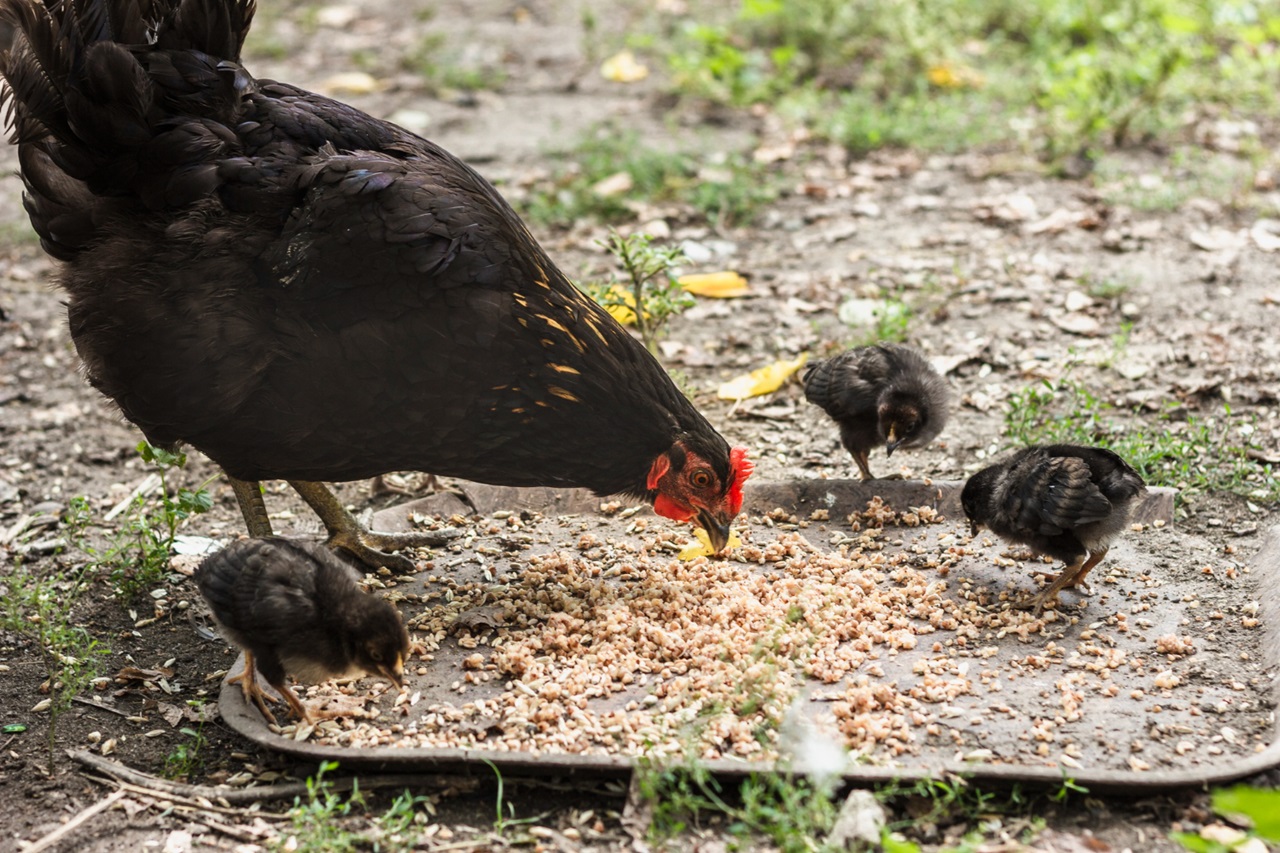Can Chickens Eat Mac and Cheese? Expert Insights and Recommendations
Chickens, known for their diverse palate, often prompt curiosity about their dietary habits. Among the many intriguing inquiries revolves the question: “Can chickens eat mac and cheese?” Exploring this topic unveils insights into poultry digestion, nutritional needs, and the potential risks associated with unconventional treats.
What’s the Buzz about Chickens and Unusual Food?
Chickens have an innate inquisitiveness towards various foods. However, their dietary compatibility with certain human meals, like mac and cheese, raises concerns. Understanding their digestive system and nutritional requirements is crucial to address this curiosity adequately.
Understanding Chicken Digestion
Before determining the compatibility of mac and cheese with chicken diets, it’s essential to comprehend their digestive system. Chickens possess a unique digestive tract that includes a crop, gizzard, and specialized organs for nutrient absorption.
Factors Affecting Chicken Diet
The dietary needs of chickens vary based on age, health conditions, and nutritional requirements. Young chickens have different dietary demands than mature ones. Similarly, chickens with specific health issues might require specialized diets.
Mac and Cheese Composition
Analyzing the ingredients and nutritional value of mac and cheese provides insights into its compatibility with chicken diets. This popular dish typically includes pasta, cheese, milk, and butter, posing considerations about its suitability for chickens.
Risks of Feeding Mac and Cheese to Chickens
Despite its appeal, feeding mac and cheese to chickens carries potential health risks. The high-fat content, lactose, and sodium levels in cheese and butter may adversely affect chicken health, leading to digestive issues and obesity.
Alternative Treats for Chickens
To ensure a balanced and safe diet for chickens, explore alternative treats. Fruits, vegetables, and grains offer nutritional benefits without posing health risks, ensuring chickens receive adequate nutrients without compromising their well-being.
Feeding Chickens in Moderation
Maintaining moderation in treating chickens is pivotal. Excessive indulgence in rich or unfamiliar foods can upset their digestive system. Practicing portion control and balance is key to ensuring their health.
Chicken Behavior with Unfamiliar Foods
Chickens might exhibit varied reactions to new or unusual foods. Introducing mac and cheese or other unconventional treats should be approached cautiously to observe their response and prevent any adverse effects.
How to Introduce New Foods to Chickens
When introducing new foods like mac and cheese, gradual acclimatization is crucial. Slowly integrating small portions into their diet allows chickens to adapt and reduces the risk of digestive distress.
Expert Insights and Recommendations
Consulting veterinarians or avian specialists for guidance on chicken diets and the risks associated with specific foods is prudent. Professionals offer tailored advice considering individual chicken needs and health conditions.
FAQs
- Can Chickens Eat Cooked Pasta? Chickens can indeed eat cooked pasta! It’s a safe treat for them when given in moderation. Pasta, being a source of carbohydrates, can be a delightful addition to their diet, but ensure it’s plain without any sauces or seasonings that might not be suitable for them.
- What Happens If Chickens Eat Cheese? Cheese isn’t harmful in small amounts, but it’s not an ideal food for chickens. Many chickens are lactose intolerant, which means consuming cheese could cause digestive issues like diarrhea or stomach upset.
- Can Chickens Eat Dairy? Chickens can eat some dairy products in small amounts. However, most chickens are lactose intolerant, so dairy products like milk or cheese might cause digestive problems for them.
- Is Mac and Cheese Safe for Chickens? Mac and cheese might not be the best choice for chickens. The high-fat content and lactose in cheese could lead to digestive issues for chickens, so it’s better to opt for safer treats.
- Can Chickens Digest Cheese? Chickens lack the necessary enzymes to properly digest lactose found in dairy products like cheese. Consuming cheese might result in digestive discomfort or upset stomachs for them.
- Can Chickens Have Small Amounts of Mac and Cheese? While a small taste might not harm them, it’s best to avoid feeding mac and cheese to chickens regularly. The high-fat content and lactose in cheese could potentially lead to digestive problems for chickens if consumed in larger quantities.
Conclusion
Understanding the complexities of chicken diets and the potential risks associated with unconventional treats like mac and cheese emphasizes the importance of balanced, well-informed feeding practices. Prioritizing their health through appropriate dietary choices ensures chickens remain healthy, thriving, and content.
